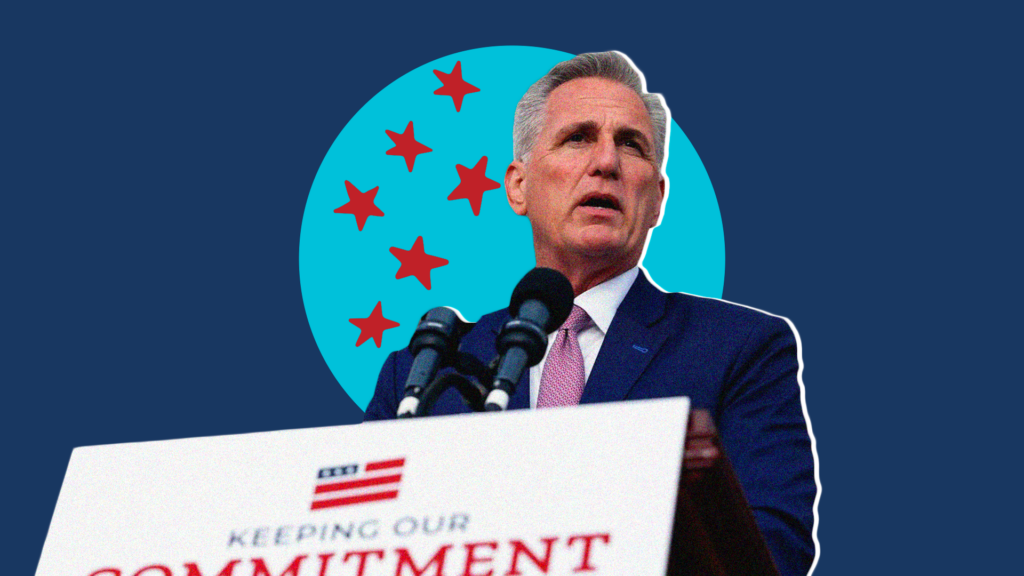In Defense of the Flat Tax
The flat tax is getting a lot of attention—and a lot of criticism—as an increasing number of Republican presidential candidates embrace the idea in some form or another. Sen. Rand Paul (R-KY), Donald Trump, Ben Carson, and Sen. Ted Cruz (R-TX) have all proposed their own variations on the idea, with an emphasis on simplicity that seems like common sense to most people.
Right now, the staggering complexity of the 75,000 page tax code is baffling to anyone without years of formal training in tax law, and even the experts are frequently stumped. Every year, Americans spend $37 billion and 3.24 billion hours simply complying with tax laws. Imagine if those resources could be freed up for more productive use!
This is part of the intuitive appeal of a flat tax. Eliminate loopholes and deductions, and charge everybody the same, predictable rate, and what has historically been a months-long nightmare for many taxpayers could become as simple as mailing a postcard.
Another key argument in favor of a flat tax is putting an end to social engineering, and restore the code to its original purpose of collecting revenue. Right now, we have government trying to influence a wide variety of behavior through the wholly inappropriate means of the tax code. Taxes try to “nudge” individuals and businesses alike into doing things the government thinks we ought to do, and deter us from things of which the government disapproves. It was never supposed to be this way. Apart from the ethical issues surrounding official sanction or censure of otherwise legal activities using taxes, the result of this policy has been a hopeless tangle of spaghetti-like exemptions, rebates, and surcharges that is next to impossible to navigate.
Taxes should be used for one thing and one thing only, funding the government, which brings us to one of the most persistent criticisms of the flat tax model: how to pay for it. Using the static model familiar to most tax analysts, the assumption is that if you cut taxes by 10 percent, you will get 10 percent less revenue. Under this type of analysis, a flat tax would result in a huge loss of revenue. In the real world, however, people respond to incentives and alter their behavior based on the taxes they will expect to pay. If a flat tax makes it easier to start a business or invest in new technologies, the revenue loss will be offset, at least partially. Indeed, in many cases tax cuts can actually result in more revenue, an insight most famously demonstrated to by economist Art Laffer.



